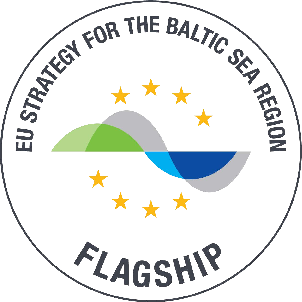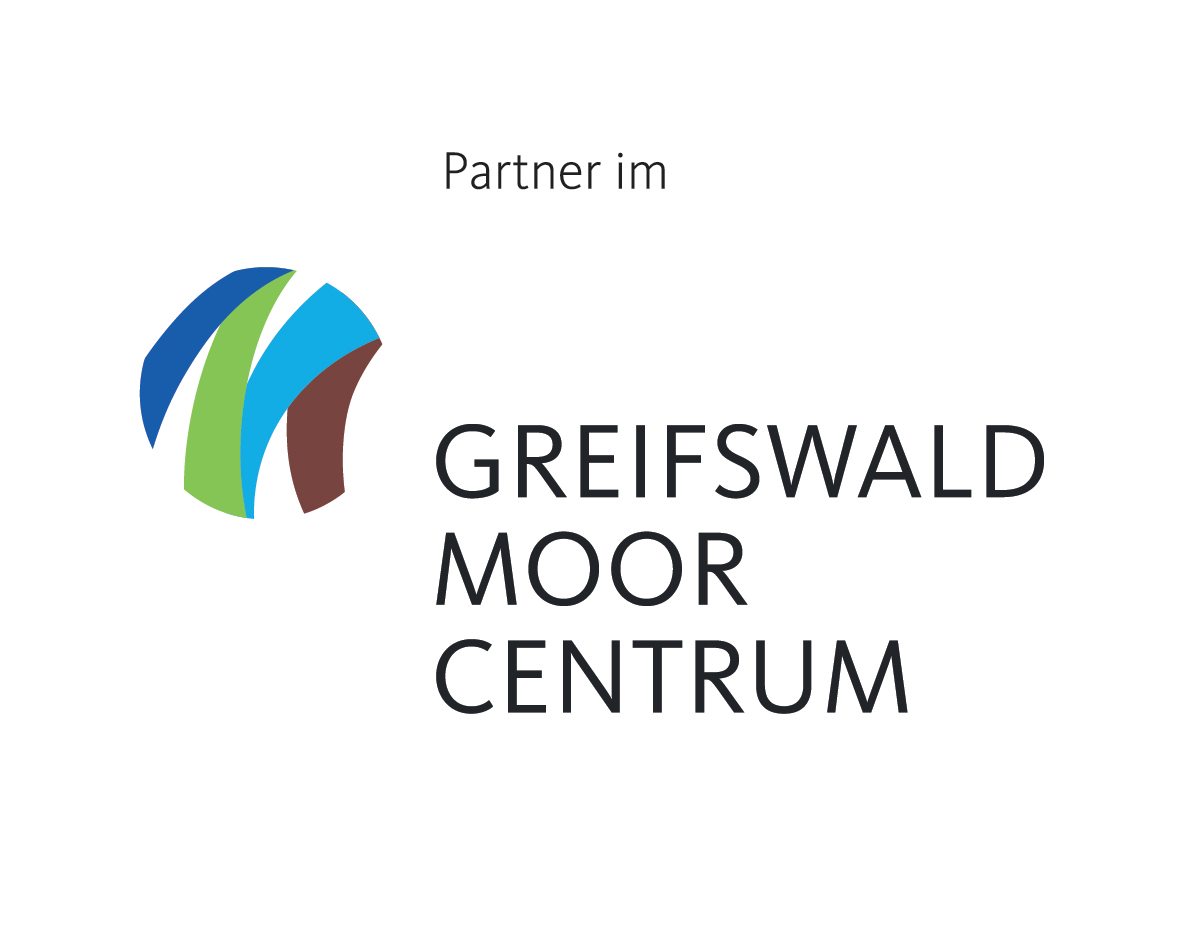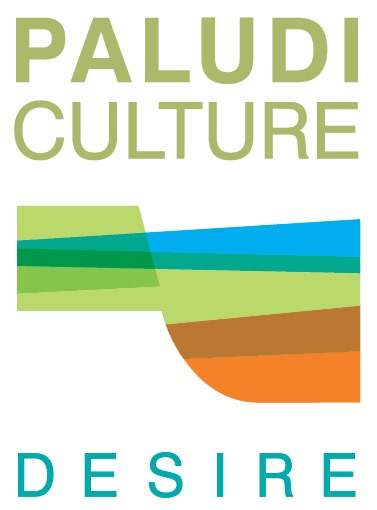DESIRE Development of sustainable peatland management by restoration and paludiculture for nutrient retention and other ecosystem services in the Neman river catchment
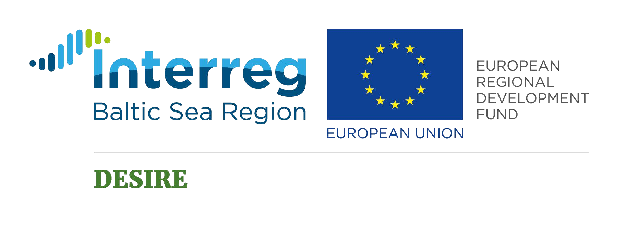
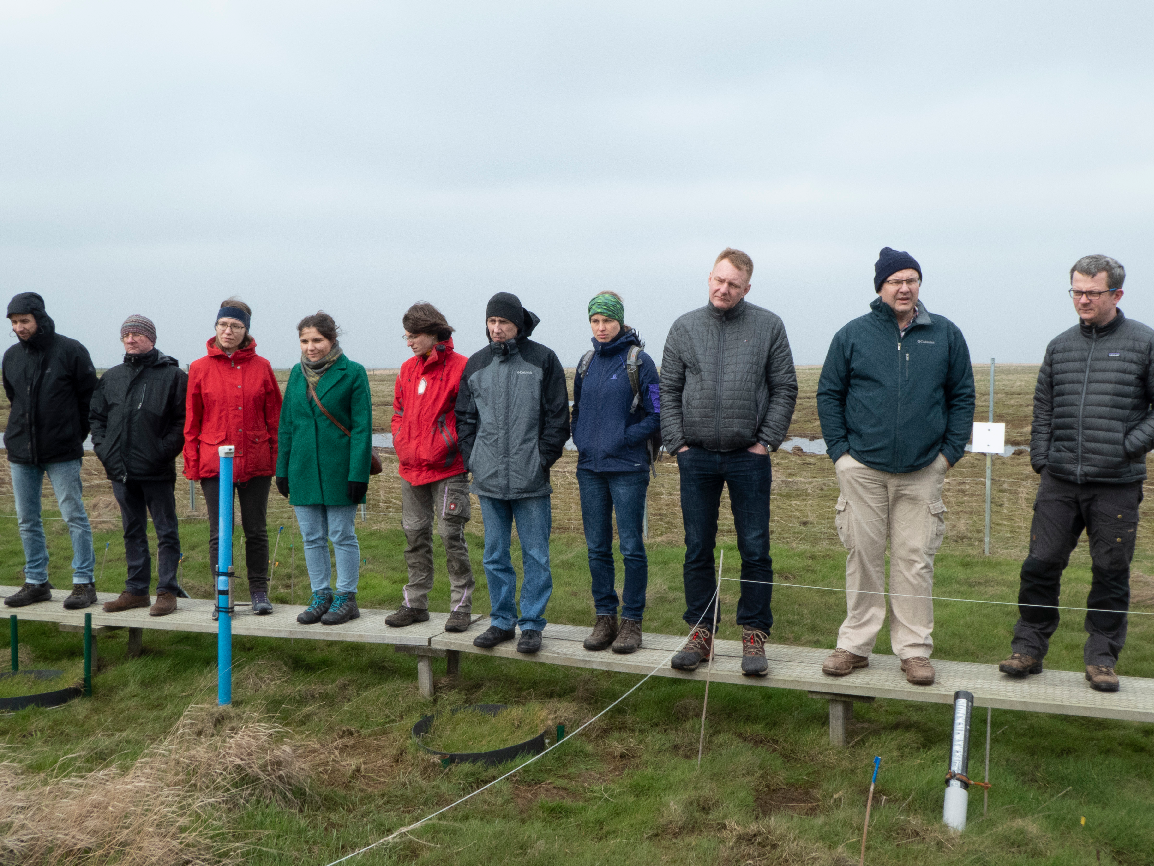
Background
Eutrophication of the Baltic Sea is caused by excess loads of nutrients to the sea and result in undesirable changes in the functioning and structure of aquatic ecosystems. River discharge is one of the main pathways of nutrients, including diffuse sources like nutrients leaching to surface waters from agricultural soils. According to HELCOM assessment, 70% of total nitrogen (N) and 45% of total phosphorus (P) come from these diffuse sources within the catchment area and are transported by rivers to the Baltic Sea. The Neman is the 4th biggest catchment in the Baltic and high concentrations of organic pollutants occur in different parts of its basin.
As the majority of N and P originate from the diffuse sources like agricultural fields by leaching of accumulated nutrients from the drained soils themselves and by fertilization of adjacent arable land which are not buffered towards receiving waters.
The ability of undisturbed peatlands to retain nutrients is well described in the scientific literature. However, many peatlands have been drained, used for agriculture, forestry or peat extraction, resulting in soil degradation by decomposition and subsidence and by that additional contribution to nutrients load of open waters. Nowadays, some of these degraded peatlands are abandoned and continue to emit nutrients to waters and greenhouse gases to the atmosphere.
Rewetting of degraded peatlands stops, inter alia, further soil degradation, decreases uncontrolled water run-off, reduces nutrient and greenhouse gas emissions and is good for biodiversity.
Content/ objectives
The aim of the economic subproject is to provide information to improve the efficiency of bog management in the Neman catchment area in order to reduce nutrient release into its waters and the Baltic Sea.
The decision-making framework for the alternatives in question comprises the continuation of conventional agricultural use, rewetting without use and the establishment of peat-preserving cultivation practices (paludiculture). In the sense of a comprehensive economic cost-benefit analysis, all decision-relevant costs and benefits of marketable and non-marketable goods and services as well as external effects will be taken into account.
The implementation of paludiculture at the operational level still involves many risks and difficulties that need to be identified and addressed. Answers to problems must be found through the cooperation of the partners involved from research, politics and administration. However, the first examples already implemented can be used to show what needs to be considered in order to successfully implement paludiculture and what information is required for the economic assessment in the preliminary planning phase for peatland management in the Neman catchment area.
In particular, economic aspects of various paludicultural methods are examined. Within the framework of the subproject, information on the feasibility of relevant measures for the rewetting and environmentally compatible use of agricultural peatlands will be provided and economically evaluated.
Publications
Trehan, M.; Wichtmann, W.; Grygoruk, M. (2022) Assessment of Nutrient Loads into the River Ryck and Options for their Reduction. Water 2022, 14(13), 2055; https://doi.org/10.3390/w14132055
Stachowicz, M., Manton, M., Abramchuk, M., Banaszuk, P., Jarašius, L., Kamocki, A., Povilaitis, A., Samerkhanova, A., Schäfer, A., Sendžikaitė, J., Wichtmann, W., Zableckis, N., Grygoruk M. (2022). To store or to drain—To lose or to gain? Rewetting drained peatlands as a measure for increasing water storage in the transboundary Neman River Basin. Science of The Total Environment, 154560. https://doi.org/10.1016/j.scitotenv.2022.154560
Czubaszek, R., Wysocka-Czubaszek, A., Wichtmann, W. & Banaszuk, P. (2021): Specific Methane Yield of Wetland Biomass in Dry and Wet Fermentation Technologies. Energies 2021, 14, 8373. https://doi.org/10.3390/en14248373, 20p.
Project description
Title:
DESIRE
Development of sustainable peatland management by restoration and paludiculture for nutrient retention and other ecosystem services in the Neman river catchment
Funded by:
European Regional Development Fund, Interreg Baltic Sea Region
Duration: 01.01.2019-30.09.2021
Management of the overall project:
Dr. Wendelin Wichtmann, Michael Succow Foundation
Management of the economic subproject:
Prof. Dr. Volker Beckmann, Greifswald University
Project staff:
Achim Schäfer, Elisabeth Baranowski
Project partners:
1. Michael Succow Foundation (DE)
2. Warsaw University of Life Sciences - SGGW (PL)
3. Polish Society for the Protection of Birds (PL)
4. Aleksandras Stulginskis University (LT)
5. Lithuanian Fund for Nature (LT)
6. Ministry of Natural Resources and Ecology of Kaliningrad Region (RU)
7. Natural Heritage (RU)
8. Bialystok University of Technology (PL)
Associated organisations
1. Biebrza National Park (PL)
2. Belarusian State University (BY)
3. Institute for Nature Management of the National Academy of Science of Belarus (BY)
4. Regional Water Management Authority Polish Waters in Bialystok (PL)
5. Regional Directorate for Environmental Protection in Bialystok (PL)
6. Mecklenburg-Vorpommern Research Centre for Agriculture and Fisheries (DE)
7. APB-Birdlife Belarus (BY)
8. Environmental Protection Agency (LT)
9. Žuvintas Biosphere Reserve (LT)
